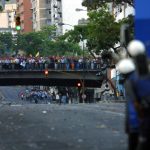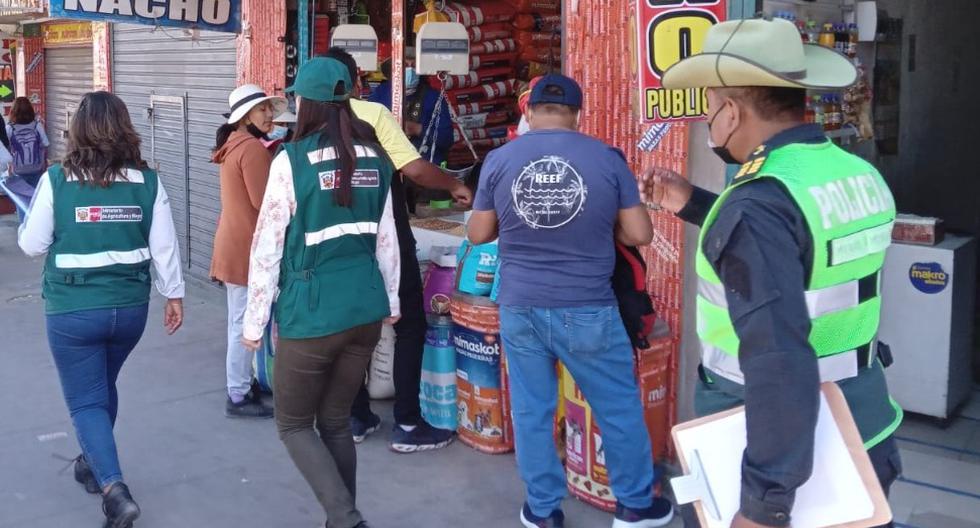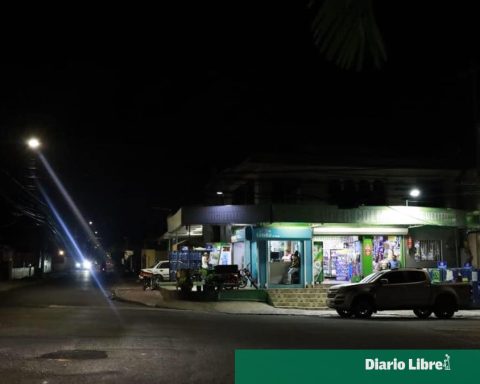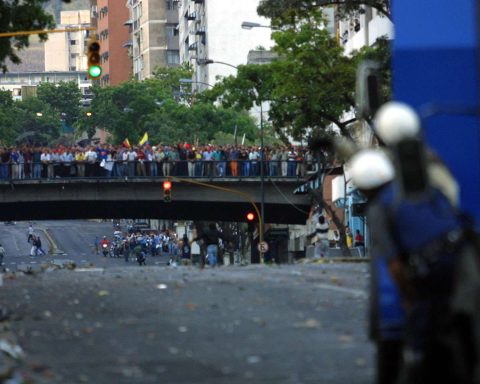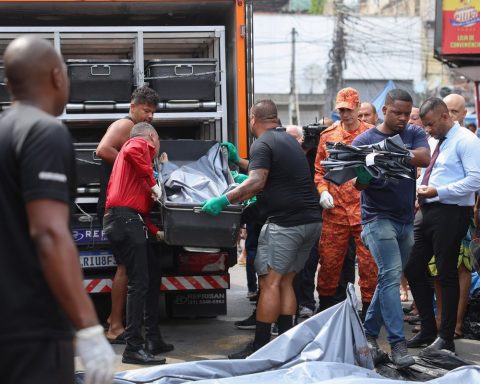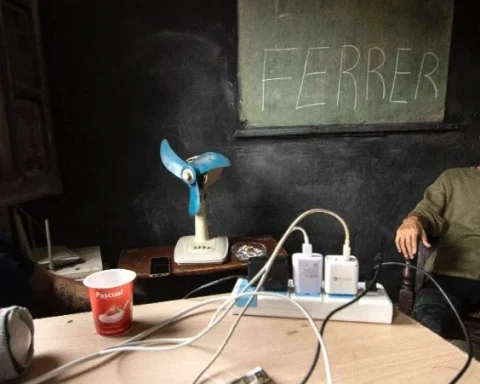“I come on behalf of the Argentine Republic to ratify the recognition of its international responsibility (…) for the violation of the human rights of the victims of the attack against the AMIA and their families,” said Natalia D’Alessandro, head of the special unit of the Ministry of Justice that is in charge of this case.
In “the worst terrorist attack against Argentine society,” the state “did not take adequate protection measures despite the risk,” he said.
“It is also responsible for the violation of the rights to access to information (…) Those in charge of public power at that time made the decision to cover up the truth,” he added, before stating that the recognition “extends” from 2005 “until today”.
Argentina accepted by decree its responsibility in the attack in 2005.
The statements were part of the final arguments on the second and last day of the public hearing for this case in Montevideo, within the framework of the 153rd period of sessions of the Inter-American Court that takes place this week in Uruguay.
The court addressed the complaint of the Active Memory Civil Association -composed of relatives of victims- and the Center for Legal and Social Studies (CELS), which point to the Argentine State for not having prevented and not having adequately investigated the attack that occurred on July 18, 1994, which left 85 dead and 300 wounded.
The plaintiffs point to serious irregularities on the part of the state bodies that directed the investigation, which was deliberately diverted for more than eight years.
After hearing the acknowledgment, the Uruguayan judge Ricardo Pérez Manrique, president of the Inter-American Court, recalled that at the hearing the cause of the delays in the investigation was invoked “corruption, lack of independence and lack of professionalism in the highest spheres of the Argentine State ”.
“We must understand that this is included in the recognition that has been made,” he said.
Likewise, in reference to the words of D’Alessandro, who requested “a sentence with a transformative vocation”, he stressed that the court is acting “because the Argentine State has not resolved the problem related to the investigation of the terrorist attack over 28 years ”.
“We all know that a Court ruling is going to take time (…) but I think there are a number of lines of action that do not have to wait for a ruling to be activated,” he said, before urging “generate concrete facts.”
In the same vein, the member of Active Memory Diana Wassner answered, who on Thursday testified as a witness for the plaintiffs.
“Really, this recognition is encouraging for us (…) but it will seem good to us when it translates into concrete actions.”
The July 18, 1994 bomb attack on the headquarters of the Asociación Mutual Israelita Argentina (AMIA) completely collapsed its eight-story building in the Once neighborhood, traditional to the large Jewish community of Buenos Aires.
The Argentine justice determined that the main suspects in the attack are the Iranian rulers at the time, including former President Ali Rafsanjani.
There are no detainees in the case nor have the motives for the attack been clarified yet.
A trial for concealment of the investigation ended in 2019 with light sentences for judicial officials and the government of former President Carlos Menem (1989-99) but without determining the reason for the concealment.
An advisory body of the Organization of American States (OAS), the IACHR investigates cases that it presents to the Inter-American Court when it determines that there were human rights violations not remedied by the states.
The rulings of the court, based in San José, Costa Rica, are final and unappealable.









